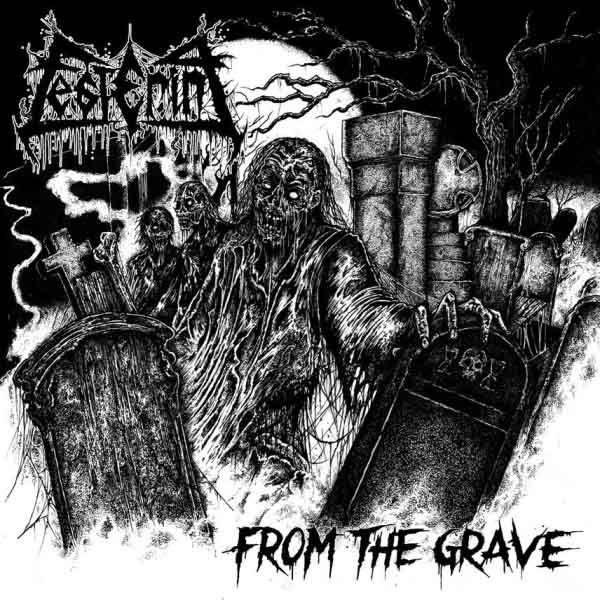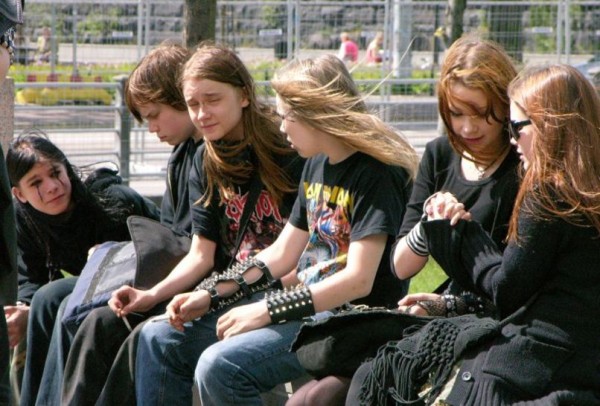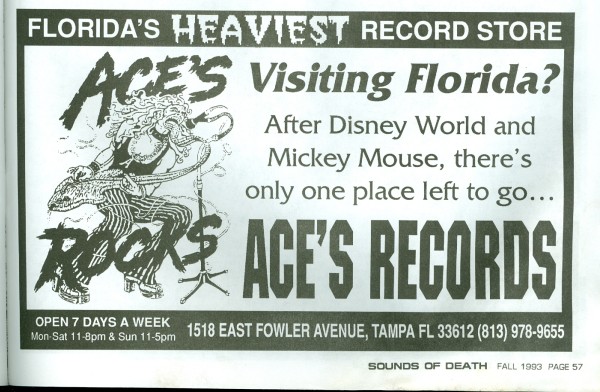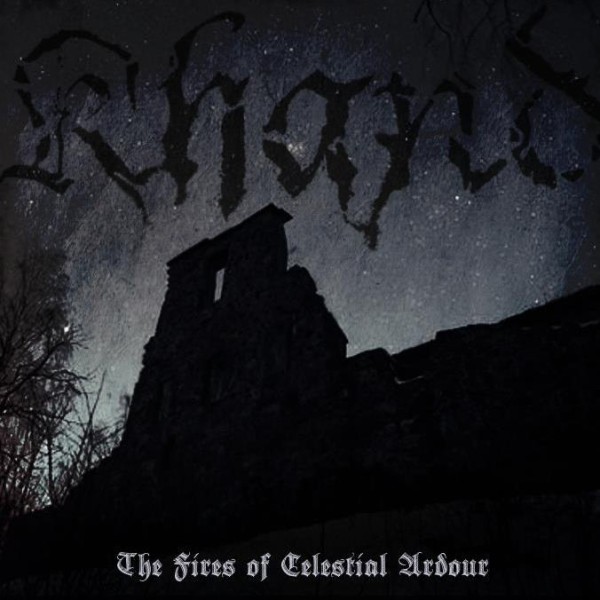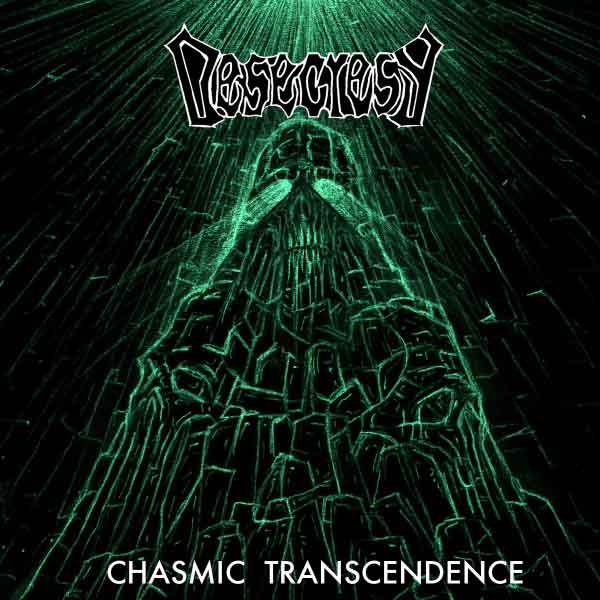Most of us now forget how much of the early death metal experience was shaped by the speed metal story arc: starting in 1983 as a rebellion against the glam explosion of hard rock, it re-metalized NWOBHM with more complex riffs using the muted strum to expand rhythm, and then promptly began selling out. Most fans got queasy when Metallica came out with Master of Puppets, but there are other culprits to just as easily finger. The point is that everything sells out in humanity when it gets exposes to the masses because the masses demand the same old crap in new form, instead of new ideas deviating from the same old crap, and that took down speed metal, which caused death metal bands to try to be more aesthetically extreme.
“How would you ever sell out this?” a friend asked once when I was listening to Incantation. My response to him was that aesthetics does not correspond to composition. I can take a Justin Bieber song, translate it to guitar and transpose it to a lower key, then play it with lots of tremolo picking, guitar squeals and crunchy power chords, doubling the tempo and adding distorted vocals. To most people, that will be “death metal.” To a death metal fan, it is a sheep in the clothing of a wolf. Death metal is not its aesthetic traits alone; those exist to aid the composition, which is (1) phrasal with complex song structures to support (2) collective without individual superstars (3) emphasizes cadence and melodic development over off-beat, quirkiness, ironism, etc. Death metal is musically distinct from rock and blues, themselves only a simplification of European music from the past century with a false label of African-American origin added to sell them as “unique” and “different,” which makes it one of the few genres which is not fake in all of popular music. Accept what you know to be true: popular music is just as fake as Big Macs, Cokes or reality TV. It has always been fake because it has always been a product with a conveniently oddball but totally untrue history. If you have heard the music of the African coast, you realize it is far more complex than the limply distilled methods of rock and blues. Similarly, European folk music had much more going for it than country or rock. Death metal threw all of this back in their faces, and their revenge was to sell it out. This does not involve evil indie rock musicians creeping into death metal band studios late at night to covertly record disguised rock themed as death metal; rather, it involves the transmission of social memes and attitudes about what constitutes death metal, which then lowers the bar so “everyone” can participate. At that point, you get the same old crap dressed up as a revolution.
Festering, on an aesthetic level, is perfect for death metal fans. It sounds like Swedish death metal played with the rhythmic precision of speed metal. It has gnarly vocals, great distortion, and uses the right techniques: it layers each new riff, applies tremolo in the right pattern to introduce secondary ideas as new primaries, and drifts into tempi at about the right pace to have cadence. But it also works in the static-style rock riffs, the cheesy color notes as the basis of riffs from the blues, and the constant off-beat that sounds to me like a labrador running with its tongue out of its mouth. Not to mention the constant verse-chorus song structures that remind me of Bruce Springsteen. In short, this band is a well-executed forgery that conceals rock within death metal, and so while I want to like it for aesthetic reasons, the music itself remains unsatisfying and leaves me with a queasy feeling. Good effort that should be avoided by all death metal fans, but rock fans weekending as death metallers should love it.
33 CommentsTags: death metal, festering, rock
